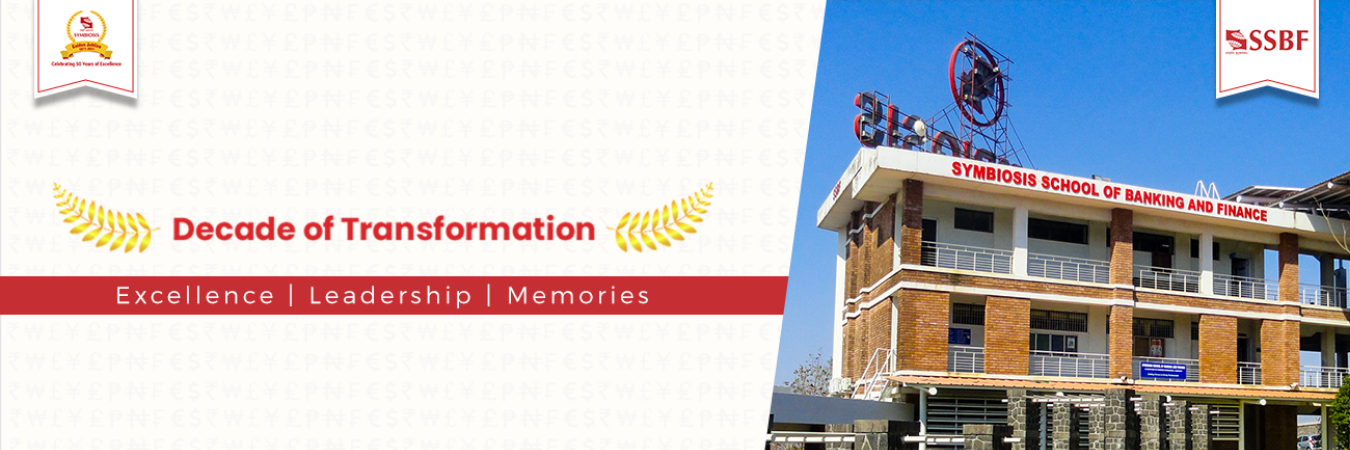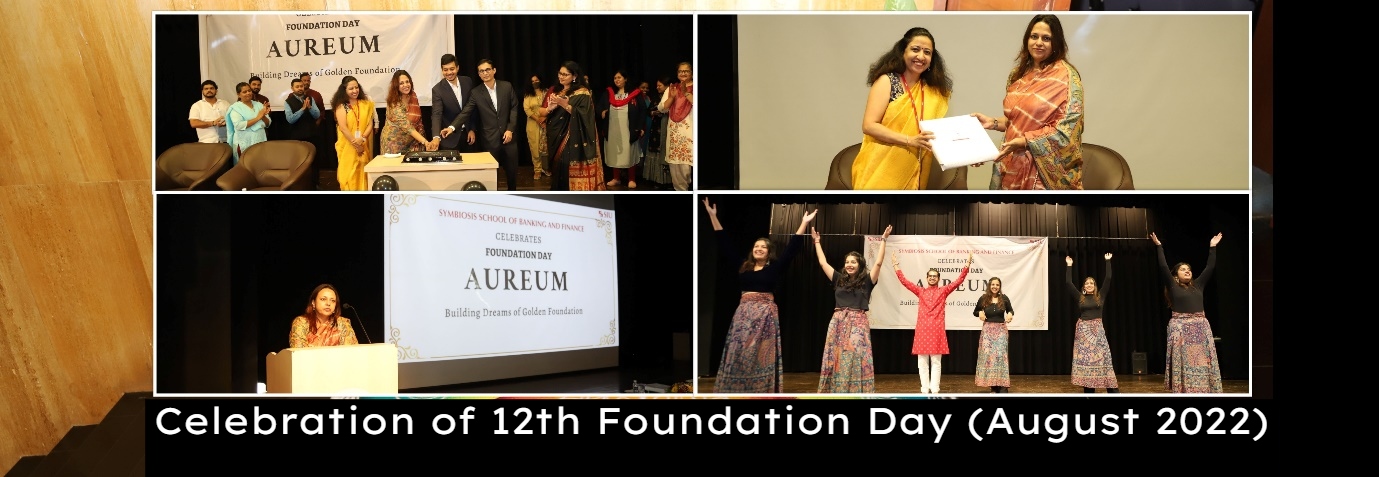“The way we handle money when it’s ours’ is always different from the way we handle it if it’s someone else’s”.
Yes, all these years, rather even now I am dependent on my parents for money. And I think it’s the same for all of us till we actually have a career set. Coming from a conservative family background, I have seen the way my parents and grandparents handled and saved money. In fact, from being in a very low strata of the society, they have managed to build their resources quite strongly and the habit of savings has played the most important role to their inspirational story. They have managed to inculcate this habit into most of us (I mean the next gen of the family). But if I question myself if the financial knowledge that I have or rather I had when I was younger is sufficient for the present world, the answer would certainly be a “NO”.
To be honest, in my early school or college days, I’ve had very limited or even zero exposure about the investment avenues or the ways to manage money. Stock market, Trading, Mutual Funds, Bonds were all just terms to me. Now having entered into the BFSI Sector and being a student of Banking and Finance, everyday is an eye opener. The inferiority that I was unaware of so many important and basic financial terms is slowly vanishing. The fact that I not only get to manage my own money but also others’ money excites me the most and gives me the hunger of gaining more knowledge. That’s exactly why I wanted to write this blog.
A simple question “Do people around the world today have enough Financial Knowledge?” has always been running in my head. There may be two parts to this question. First part being, do we even have any knowledge or exposure that matches the speed and developments the world is going through. While the next part would be if financial knowledge is or can be acquired with experience.
There’s always this question that arises if youngsters have a better financial knowledge over the older generation of people. We all think that the answer would be an obvious yes. But that is not the case either. The way of learning with experience may, in fact, be very slow or not work well at all. By financial knowledge I don’t mean those complicated financial terms like Hedging, Derivatives, Arbitrage, etc. It’s Personal Finance that I’m talking about which is nothing but the art of managing one’s own money.
This is quite worrisome as youngsters today are no more dependent on their parents (like I was) for career decisions while the financial decisions have also started to take their independent shape. Young people today have to deal with important and consequential decisions, from whether to invest in education and how to finance that education, to saving and investing in retirement accounts that are much more dependent today than in the past on an individual’s savvy. The risk taking ability of individuals is still very low and given that risk is quite a complex concept, the learning process by experience gets very limited. We know people are making financial decisions that are important to their future and to society, yet their choices rely on a base of very limited personal-finance knowledge.
Young people do not have the financial understanding they need to make informed decisions about their future. Only half of the adults in major advanced economies who use a credit card or borrow from a financial institution are financially literate. In emerging economies, financial literacy levels are even lower. In order to make sound financial decisions, people must understand at least the basic financial concepts. Yet research shows that too much of the world’s population lacks the ability to make informed financial choices when it comes to saving, investing, borrowing, and more.
Financial knowledge is especially important during times when increasingly complex financial products are easily available to a wide range of population. We are living in these times. As governments in many countries push to boost access to financial services, the number of people with bank accounts and credit products is rising rapidly. People with strong financial skills do a better job at planning and saving for retirement. Financially savvy investors are more likely to diversify risk by spreading funds across several ventures. They also earn more from their investments.
Financial ignorance carries a heavy price tag. Consumers who do not understand interest compounding, for example, spend more on transaction fees, run up bigger debts, and incur higher interest rates on loans. They also end up borrowing more and saving less. Of all people using Credit Cards, there are hardly a few who are actually aware of how the interest rates are charged.
Financial literacy skills are important for people who use payment, savings, credit, and risk-management products. For many, opening an account at a bank or other financial institution—or using a mobile money-service provider—is an important first step to participate in the financial system. When people have financial accounts and use digital payments, they are able to provide better for their families, save money for the future, and survive economic shocks.
Take savings for an example. Globally, 57 percent of adults save money, but just 27 percent use a formal financial institution, such as a bank, to do so. Others rely on more precarious and less lucrative alternatives, such as informal savings groups or stuffing cash under a mattress. Only 42 percent of account owners worldwide use their accounts to save, and 45 percent of these adult savers are financially literate. Given the benefits derived from using financial services, it is important to ensure that people are capable of managing those services to their advantage.
It is time to extend that type of thinking to financial knowledge by making personal finance a required course at schools, colleges and universities. For people, especially young people, to survive and thrive in today’s financial environment, knowledge of personal finance is a necessity. School seems a great place to start, both for its capacity to reach large segments of the population (including women) and because individuals lacking financial knowledge are less likely to learn it from families or peers. Low-income groups can be targeted by embedding financial education programs in some of the programs already offered to them.
Think about driving. To ensure orderly traffic, we create speed limits and roadway rules. We use signs to warn where turns are difficult or roads are dangerous. And before we allow someone behind the wheel, we make sure they understand the basics. That’s where a driver’s license comes in. We take those precautions to protect the drivers and to protect others.
We’re already seeing what happens when youngsters juggle high-impact financial decisions without the benefit of financial knowledge. Take the well-known burden of student-loan debt. Student loans are the second-largest part of the consumer credit market, after mortgages. The lion’s share of that debt sits in the hands of millennial—and researches prove that they worry about their ability to pay off those loans. As well they should; the default rate on student loans is sobering.
Teaching personal finance is not about describing financial products, it is about teaching the principles of financial decision-making so that people understand how financial instruments work. When people are knowledgeable, they are able to benefit better from the services of financial advisers. Financial literacy is about prevention.
The lack of financial literacy is just like the lack of a driver’s license- it’s more than a personal problem. It is dangerous for our country’s economic health. One of the basic lessons in personal finance is that time is money. But time is starting to run out. Young people are already behind the steering wheel of their financial decision-making. It’s time we step in to make sure they know how to navigate the highway ahead.
Shruthi Viswanathan








